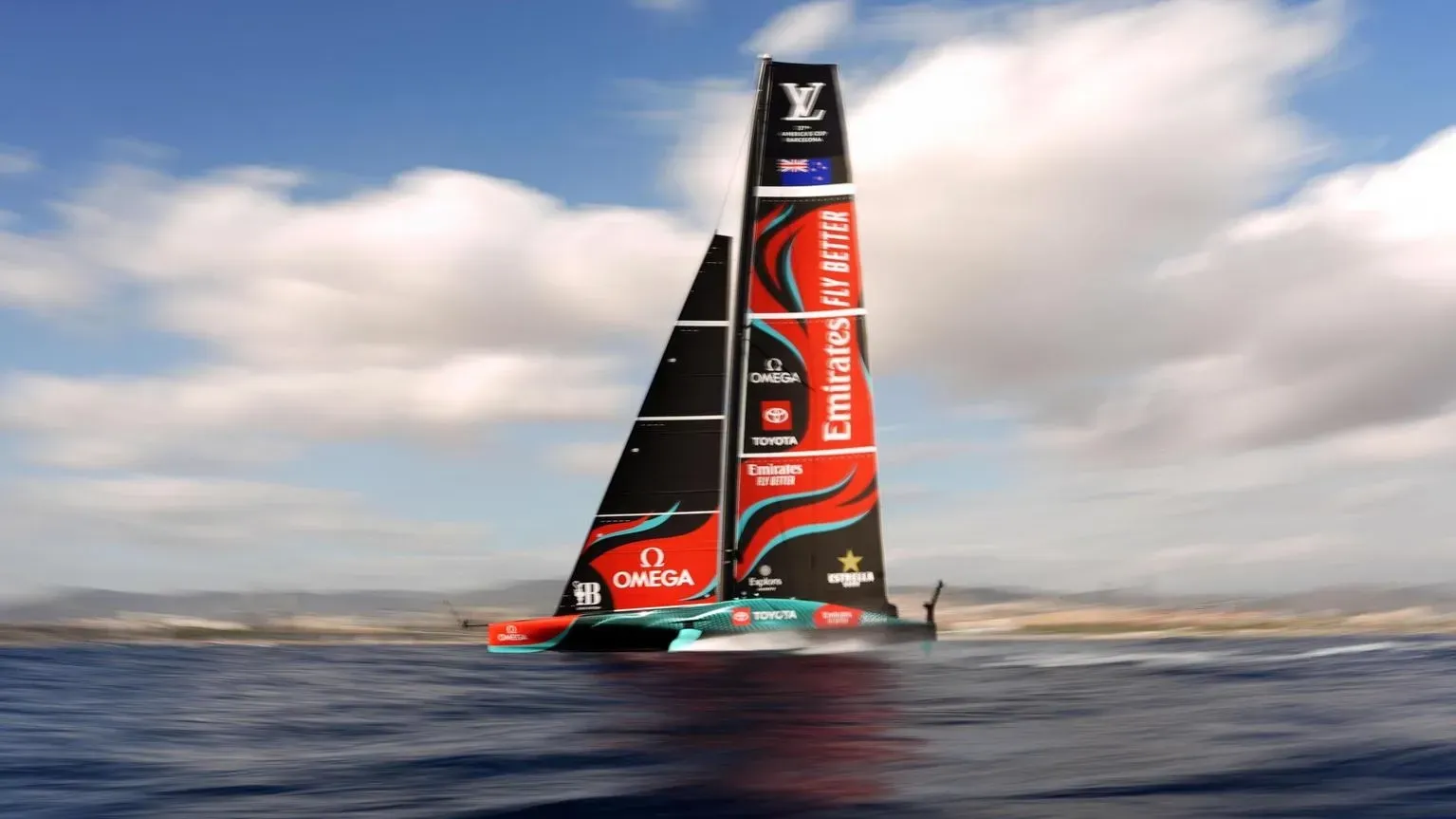The Chinese are Coming: Massive Competition and a Slowing Economy Spur International Franchise Expansion

I expected more from one of the world’s fastest trains as it sped me from the airport into the heart of Shanghai, one of the world’s largest cities. But although the Maglev is capable of speeds of up to 500 km/h, it has disappointingly been limited to only 301km/h since 2019.
It was a fitting metaphor for a country whose economic growth has slowed from historic highs to a slightly more sedate pace.
My meeting with a client in Shanghai and research on the boom in franchising in China revealed a shifting landscape that’s pushing many domestic franchises to look beyond their borders for growth.
The Challenges Facing Franchising in China

As is traditional, the meeting with my client began with a tea ceremony. As my client poured the tea into tiny cups, he shared with me the challenges of doing business in China’s fiercely competitive franchise market.
Galvanised by an influx of international franchises and chains (China is Starbucks’ second largest market), domestic franchising took off in China from the early 2000s, he explained. There are now 6,000 active franchise systems and well over 400,000 franchised outlets, making China one of the largest franchise markets in the world.
The International Opportunity
However, this rapid growth has led to intense competition and market saturation in many sectors, especially F&B. At the same time, China's economic growth is slowing. China's GDP growth for the first half of 2024 was around 5%, down from the double-digit growth rates of previous decades. This economic deceleration is putting pressure on domestic consumption, further intensifying competition among franchises.

These factors are driving Chinese franchisors to look overseas for expansion opportunities.
Already, popular hot pot chain Haidilao has established itself in South East Asia, North America and Australia, and announced this year it’s opening franchising to “further ramp up the pace of expansion of the restaurant network.” Similarly, bubble tea giant Heytea launched its global ambitions with company-owned stores but has now ventured into franchising to scale its overseas presence beyond Singapore, where it has opened six stores since 2018.
Obstacles to Chinese Global Expansion
However, international expansion isn’t without its challenges. Cultural differences, regulatory hurdles and adapting to local tastes are just a few of the obstacles Chinese franchises face.
My client is tackling these challenges head-on. They’re conducting extensive market research, partnering with local experts (like yours truly) and planning to adapt their product offerings and store designs to suit Western tastes while maintaining their core Chinese identity.
Why Australia and New Zealand are ideal launchpads for Chinese franchise expansion
For Chinese franchises considering global expansion, my client believes that Australia and New Zealand offer an attractive and strategic stepping stone into larger North American and European markets. The reasons behind this are deeply rooted in cultural, economic and logistical advantages that make these two countries a perfect testing ground for Chinese businesses eager to make their mark on the world stage.
Cultural and Taste Parallels: A Bridge to Western Markets
One of the key advantages of expanding into Australia and New Zealand is the cultural and taste parallels these markets share with North America and Europe. Both Australia and New Zealand have consumer bases that are largely influenced by Western culture, particularly in terms of lifestyle, entertainment and food preferences. This offers Chinese franchises a unique opportunity to adapt and fine-tune their offerings in markets that closely mirror the demands and expectations of Western consumers – and to do it at less cost and with less risk.
Consumer Affinity and Demand: A Welcoming Market for Chinese Brands
Both Australia and New Zealand are home to diverse, multicultural societies with a strong appetite for international brands. Chinese products and brands have already made significant inroads into these markets, with consumers showing a growing preference for Asian goods and cuisines.
A Shared Cultural Heritage: The Chinese Diaspora in Australasia
Australia and New Zealand have long-standing Chinese communities, which have fostered a cultural familiarity that new Chinese franchises can tap into. With a significant portion of the population in both countries identifying as of Chinese descent, there is a ready-made market that understands and appreciates Chinese culture, cuisine and products.
Economic Stability and Business-Friendliness
Australia and New Zealand have stable economies and transparent and business-friendly regulatory environments. For Chinese franchises, this economic stability is a major attraction, offering a lower risk of market volatility compared to other regions. The close economic ties between China and these countries, underscored by free trade agreements and ongoing trade partnerships, also facilitate smoother market entry for Chinese franchises.
Less Competition from other Chinese franchises
Chinese franchises looking to go global have tended to focus on geographically-close markets such as other Asian countries or larger markets such as North America – and run into fierce competition from locally-developed and other expanding Asian franchises. This has left a gap for Chinese franchises which are well branded and funded to take a dominant share in these markets.
Here comes the future
My visit to Shanghai has made it clear that, as China's domestic market becomes increasingly competitive and its economy moderates, we can expect to see more Chinese franchises looking to expand internationally. This trend presents both opportunities and challenges for the global franchise industry.
For franchisors in countries like New Zealand and Australia, it means increased competition but also potential partnership opportunities. For consumers, it promises a more diverse array of products and services.
One thing is clear: the Chinese franchising dragon is stirring, and its gaze is turning outward. The global franchise landscape is set for some interesting changes in the coming years.
Share on your Page:
Follow us:














